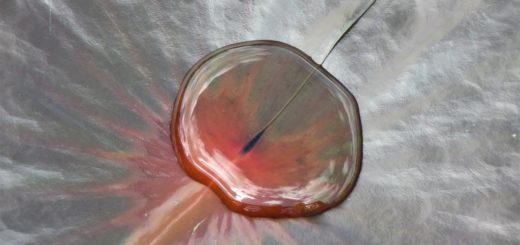Drinking Party
Brett Kavanaugh has given the progressive media one more thing to express faux outrage about, by attending a Christmas party with ring-kissing populist Trump punk Matt Gaetz, Trump “adviser” Stephen Miller, and various leaders of the recently-cleansed-of-all-remnants-of-genuine-American-conservatism American Conservative Union (the Trump World CPAC mob). It is understandable, of course, that figures within the government might hobnob with one another, and that in many cases people of a similar political persuasion will be more likely to meet socially. But why, the earnest Republican voter might ask himself, would a supreme court justice attend such an obviously pro-populist, anti-intellectual gathering, which attendance would be guaranteed to raise eyebrows and draw attention to the extent to which the Republican establishment remains deeply enmeshed in the Trump folly?
The answer, I suspect, is nothing more complicated than this: Kavanaugh was told that there was a party going on, that he was invited, and that there would be tons of free booze. For Brett Kavanaugh, as we all know from his confirmation hearings, is a beer-soaked emotionalist who would stake his career and reputation — and literally did so at those hearings — on his being so addicted to alcohol and so deeply in love with it that he will truck no moral questioning about his behavior while intoxicated. In other words, he effectively defended himself against accusations of being so drunk that he might have sexually assaulted someone without remembering it, by pleading that he is too devoted to his beer to ever violate that soul-absorbing relationship for mere sex with a girl.
I know, I know, everyone has fun sometimes, everyone makes mistakes sometimes, and everyone likes a beer during the football game. But everyone doesn’t deliver a tear-soaked, sniveling paean to his beloved brown elixir during a prepared statement in the United States Senate. Kavanaugh is, on his own poorly-veiled account, a lush, a pathetic special pleader for drunkenness. (No, he does not seem to be at quite the Ted Kennedy level yet, but of course Kennedy had more serious guilt and shame to drown than merely a few reckless nights of youthful excess.) His truest friend in this world, therefore, is his drink, for whose sake he would sacrifice all else, and forsake every other priority, as is true, in the end, of anyone so addicted, for so much of his life, to alcohol or any other drug.
Does this sound harsh or unduly judgmental? I don’t think it is. I am merely saying what would be self-evident, were we not all living in societies dominated by substance abuse of a hundred kinds, and therefore inclined by familiarity to regard the most commonly abused substances as somehow the most innocuous or benign. Have a drink during the holidays, if such is your pleasure. But if you should catch yourself crying like a baby at the thought of not having that drink, or at the suggestion that perhaps you have relied a little too heavily on that pleasure, then buck up — you too might have a future on the U. S. Supreme Court!
Chemical dependency skews a man’s intellectual and moral judgment, not merely “while under the influence,” but at all times. His life becomes an endless search for opportunities to satisfy an irrational need, and to conceal the primacy of that need from others and from himself, with endless obfuscations and rationalizations. To what social position is a man with such obviously compromised judgment less suited than precisely that of a judge?



